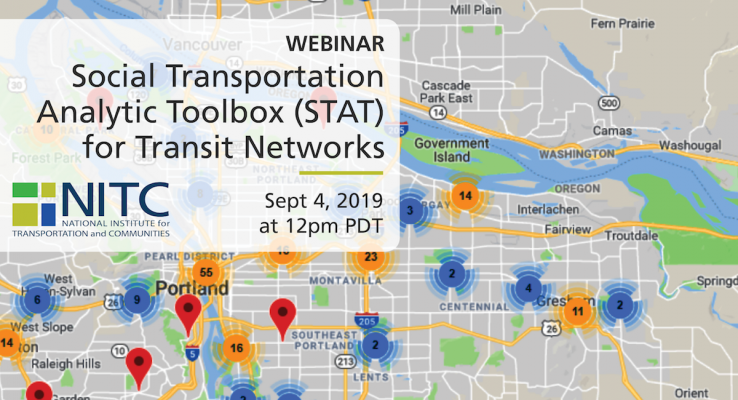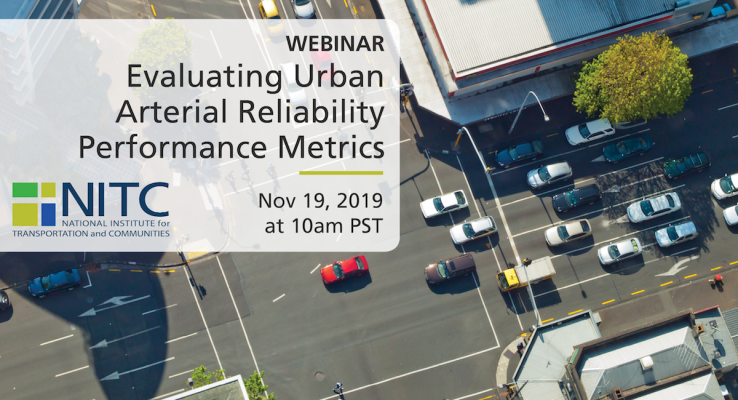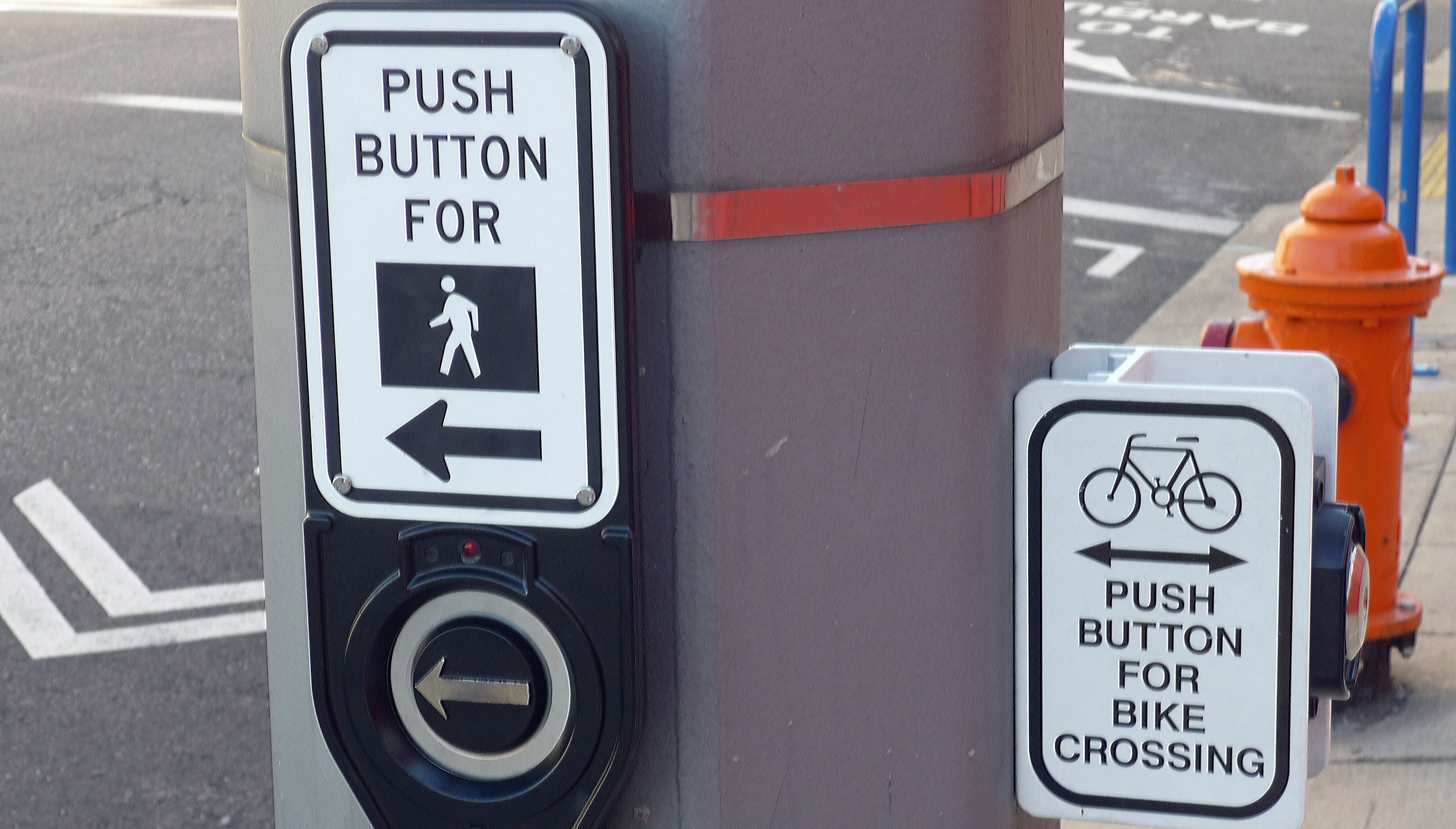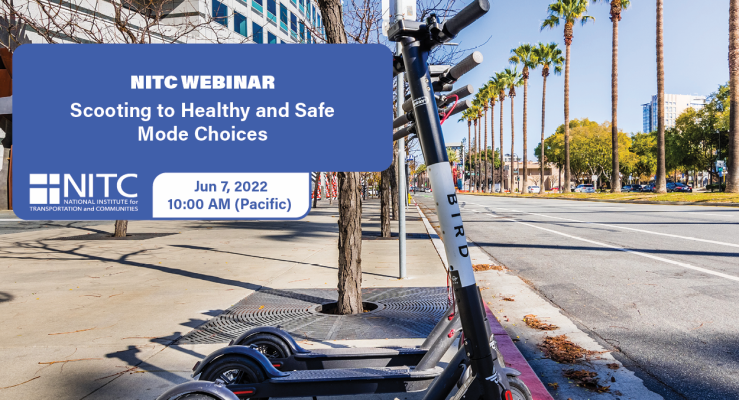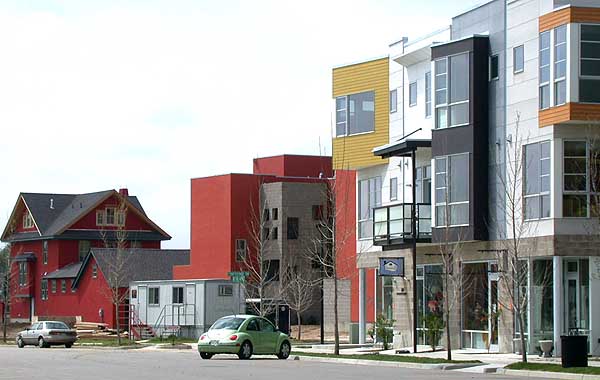PRESENTATION ARCHIVE
Miss the webinar or want a look back?
OVERVIEW
This webinar will present an open-source socio-transportation analytic toolbox (STAT) for public transit system planning. This webinar will consist of a demonstration of the STAT toolbox, for the primary purpose of getting feedback from transit agencies on the tool's usefulness. We are especially interested in hearing about any improvements that would aid transit agencies in implementing it.
The STAT toolbox was created in an effort to integrate social media and general transit feed specification (GTFS) data for transit agencies, to aid in evaluating and enhancing the performance of public transit systems. The toolbox enables the integration, analysis, and visualization of two major new open transportation data sources—social media and GTFS data—to support transit decision making. In this webinar, we will introduce how we...
Read more
